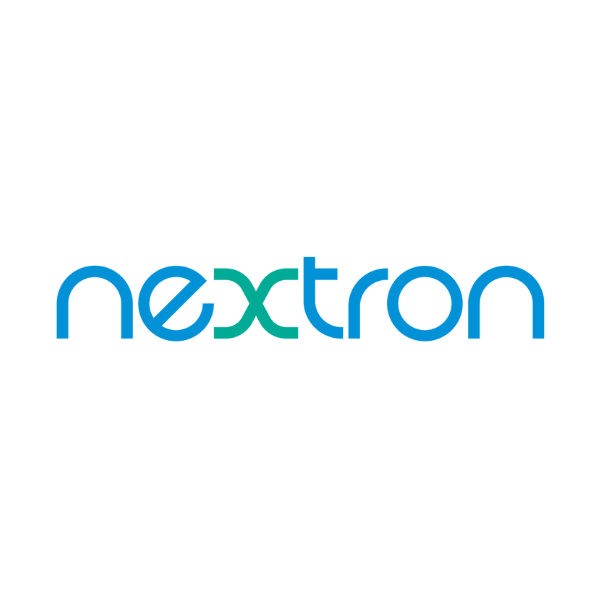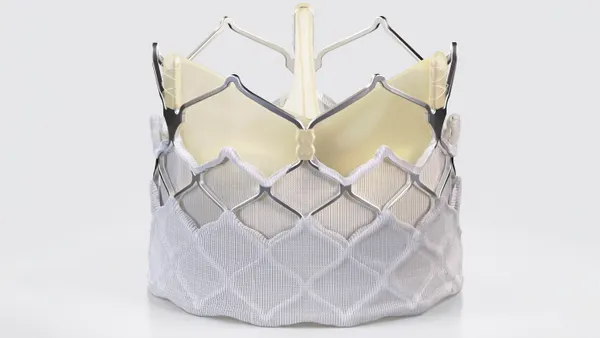Dive Brief:
- The National Evaluation System for health Technology (NEST) Coordinating Center is ramping up efforts to be capable of accepting data projects from external stakeholders by the end of 2019, its executive director, Rachael Fleurence, told stakeholders Thursday at the Medical Device Innovation Consortium's Annual Public Meeting.
- The effort to move NEST to a sustainable business model where companies pay to utilize its data capabilities for research purposes comes after two rounds of test cases sought to evaluate if real-world data from network collaborators such as Mayo Clinic and Mercy could be used to support premarket submissions, label expansions or postmarket surveillance.
- Center for Devices and Radiological Health Director Jeff Shuren touted the forthcoming launch as a major accomplishment, saying the launch of NEST 1.0 represents the amalgamation of a number of different efforts. The chief regulator encouraged companies to start having conversations with NESTcc if they have research questions.
Dive Insight:
In tandem with the effort to launch its business case by the end of the year, the NESTcc Task Force is currently developing an active surveillance roadmap it aims to issue for public comment this fall, Fleurence announced.
The task force, made up of members from the American Medical Association, FDA, HealthCore, Yale, Vanderbilt University, Johnson & Johnson, Evidation Health and Lahey, received $3 million in funding from the agency to lay out a high-level foundation for the safety surveillance goals of NEST.
The roadmap aims to identify who the initial users will be, products and services, user experience goals, infrastructure and operations, data quality and methodology aspects and future directions for active surveillance activities.
Fleurence told stakeholders NEST will focus on refining the network's active surveillance safety signal abilities in 2019. For 2020, it aims to actively utilize its ability to detect safety signals.
Shuren noted the additional data being generated outside of a clinical context will help FDA better oversee the device landscape.
"For us, data is the lifeblood for what we do," Shuren said. "Having more robust data generated across the total product lifecycle of a product is critically important for us to make the right decisions and provide support to industry."
Four companies already approached NESTcc at the MDIC meeting, expressing interest in using NEST to answer research questions, Fleurence told MedTech Dive. While pricing for its services has not been set, NESTcc has been working on a general pricing schedule based on sample size, timing and how difficult a company's question is to answer.
"We've been given our marching orders for a while, that we have to pivot into the business case, so we've been planning for it for a while, putting the pieces in place," Fleurence said. "It's going to be case-by-case for a while for the most part. We know observational studies will be cheaper; the prospective studies will be more."
Companies interested in bringing unsolicited projects to NEST will first engage with the coordinating center to determine pricing structure, terms and conditions and what data network assets are needed. After launching with the identified network collaborators, companies would be expected to execute the project while engaging with the NESTcc and FDA point of contact. Upon completion of the project, they would be expected to participate in publication and dissemination opportunities and engage with regulators for product-specific submissions.













